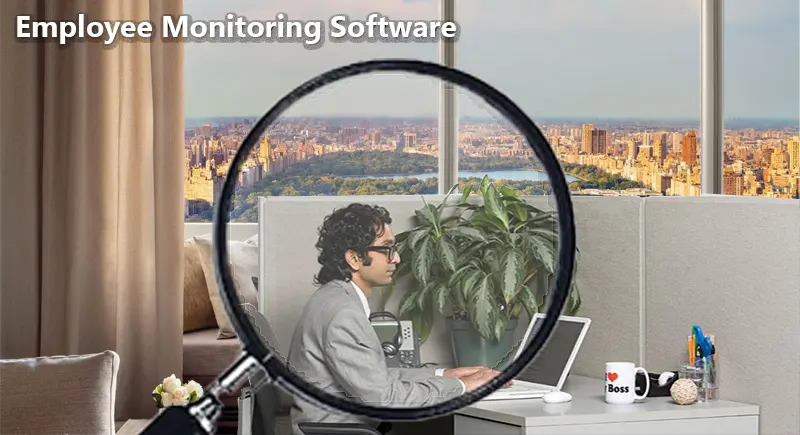Employee Monitoring Software: The 5 Must-Have Features
Ensuring optimal productivity and security has become paramount for all businesses. Employee monitoring software has emerged as a vital tool for businesses aiming to keep track of their workforce’s activities. However, with a myriad of options available, selecting the right software can be daunting. To help you make an informed decision, here are the five must-have features for effective employee monitoring software.
Employee Monitoring Software: The 5 Must-Have Features
1. Real-Time Activity Monitoring
One of the core features of any employee monitoring software is real-time activity monitoring. This feature allows managers to view live feeds of employee activities, including the applications they are using, websites they are visiting, and the tasks they are working on. Real-time monitoring helps identify any deviations from assigned tasks promptly, enabling swift corrective actions. Additionally, it ensures that employees remain focused and productive during working hours. Look for software that offers intuitive dashboards and live … Continue reading >>>











